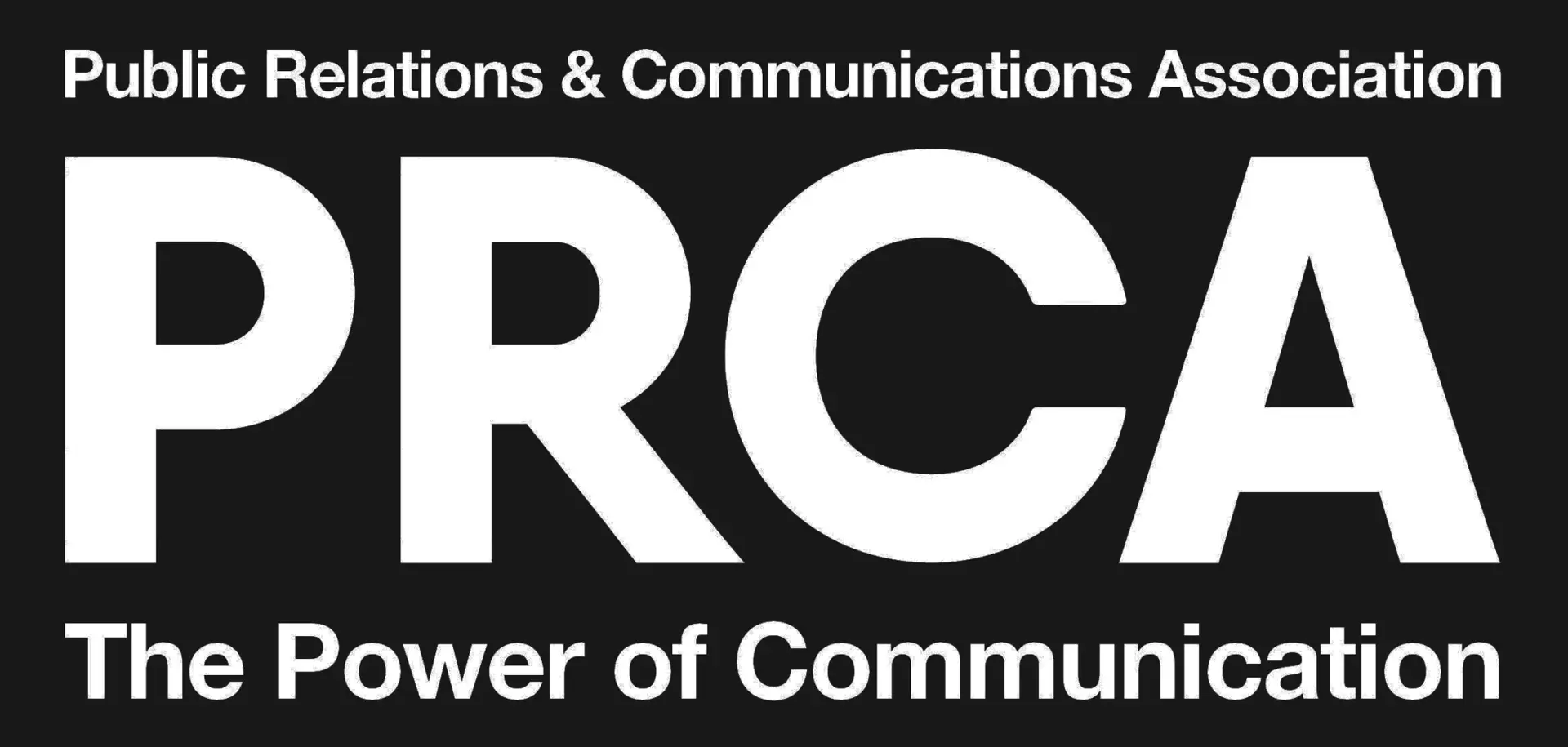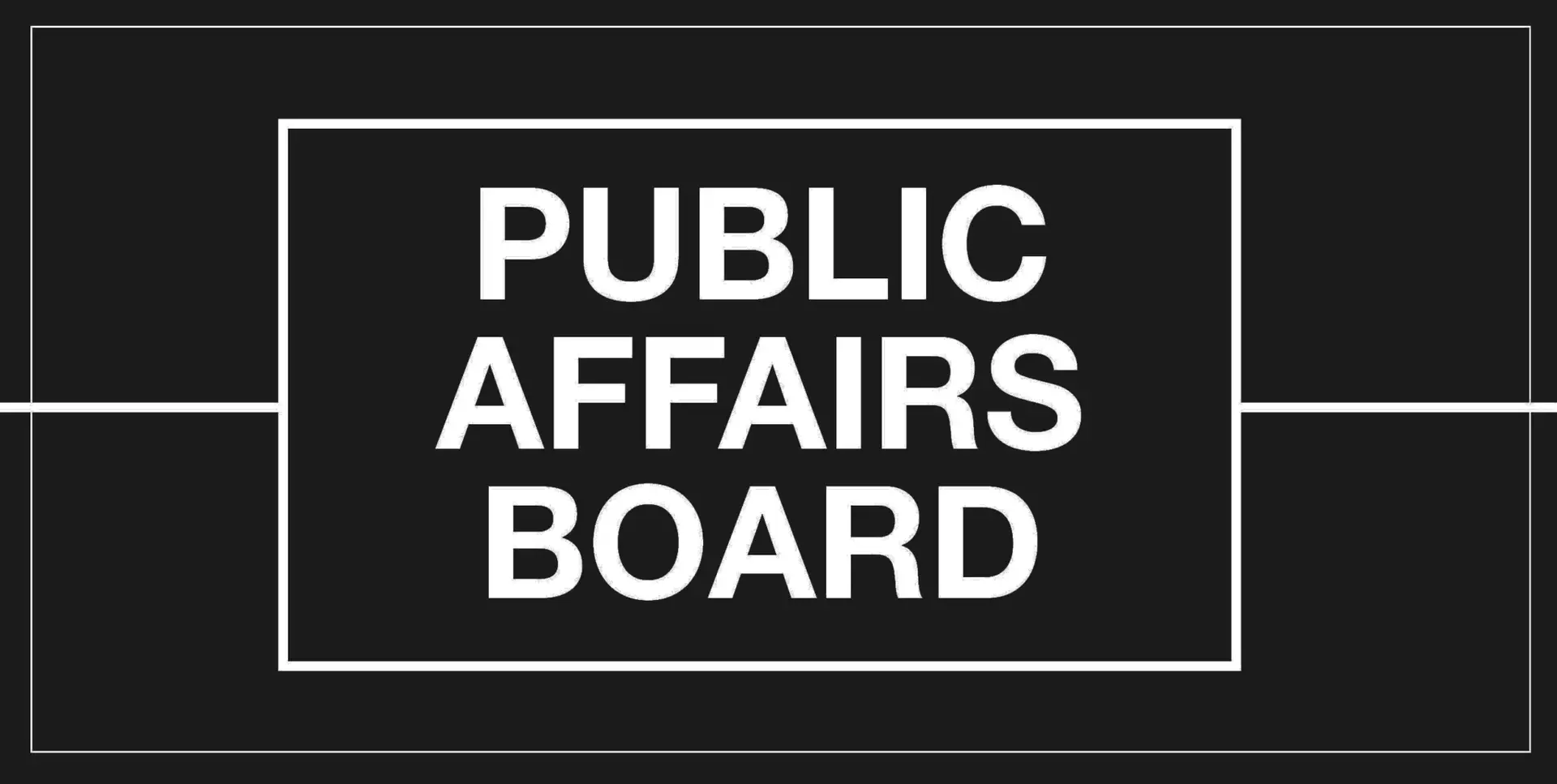On 9 July 2024, Secretary of State for Health and Social Care, the Rt Hon Wes Streeting MP, committed to supporting the Government’s growth mission by improving the health of the nation. This includes getting people back to work and boosting the economy through the life sciences sector.[1]
Speaking at an event for the Tony Blair Institute for Global Change, Mr Streeting announced that the Department of Health and Social Care would expand its focus on economic growth, following the Chancellor’s mission to fix the economy.
The Secretary of State declared:
“I want to end the begging bowl culture, where the Health Secretary only ever goes to the Treasury to ask for more money. I want to deliver the Treasury billions of pounds of economic growth.”[2]
He outlined three steps to achieve this goal:[3]
- Reducing Waiting Times and Improving Public Health: By enhancing public health and reducing waiting times, the Government aims to support individuals’ health, expedite their return to work, and maintain the good health of those currently employed.
- Boosting the Life Sciences and Medical Technology Sector: The Government plans to make the UK a powerhouse in life sciences and medical technology. By ensuring the NHS collaborates closely with research institutions and medical technology companies, the development of new treatments will be accelerated, fostering industry growth.
- Leveraging NHS and Social Care as Economic Drivers: The NHS and social care sectors will serve as local and regional economic engines by providing training and job opportunities to local communities across the country.
According to the Department of Health and Social Care, there are currently 2.8 million people inactive due to long-term sickness. Restoring the labour market to pre-pandemic levels through improved health will significantly boost economic growth.[4]
The King’s Speech
The State Opening of Parliament on 17 July featured the King delivering a speech written by the Government, outlining the policy programme for the parliamentary year. The Speech provided further clarity on Labour’s plans relevant to DHSC and its goals.
The National Health Service[5]
The Speech restated the Government’s commitment to improve the NHS, ensuring it remains a service for all, based on need rather than the ability to pay. It outlined how the Government will focus on reducing waiting times, emphasising preventive care, and enhancing mental health services for young people.
Relevant Bills included in the King’s Speech were:
Mental Health Bill
Mental health will receive the same attention and focus as physical health. The Mental Health Act will be modernised to ‘meet twenty first century needs’ through the proposed Mental Health Bill.[6]
Tobacco and Vapes Bill[7]
As a carryover from the last Conservative Government, the new Government will continue with the agenda to reduce tobacco use and improve controls on vaping. The Tobacco and Vapes Bill aims to progressively increase the age at which individuals can purchase cigarettes and impose restrictions on the sale and marketing of vapes.
Draft Conversion Practices Bill
A draft bill will be introduced to prohibit practices whose predetermined purpose is to change a person’s sexual orientation or to change a person to or from being transgender; and for connected purposes.
The King also mentioned upcoming legislation to restrict junk food advertising and the sale of high-caffeine energy drinks to children.
Additional Health-Related Bills[8]
The King’s Speech also outlined several other bills related to health:
- Digital Information and Smart Data Bill
- This Bill aims to leverage data to drive economic growth and enhance public services. It introduces frameworks for innovative data use, including Digital Verification Services and a National Underground Asset Register. It seeks to improve digital public services, support scientific research, and strengthen data protection. The Bill will modernize the Information Commissioner’s Office (ICO) and grant it stronger regulatory powers to ensure the safe development of new technologies. Additionally, it includes a Data Preservation Process to support investigations into child deaths, underscoring a commitment to technological advancement and public safety.
- Cyber Security and Resilience Bill
- This Bill addresses the increasing threat of cyberattacks on the UK’s critical infrastructure and essential digital services. It aims to bolster national cyber defences by updating regulations, expanding the scope of protected digital services, and enhancing regulatory capabilities. Provisions for improved incident reporting and data collection will help the Government better understand and respond to cyber threats. By modernizing the regulatory framework, the Bill seeks to ensure the UK remains resilient against cyber threats, safeguarding public services and the economy from potential disruptions. In the background briefing note issued by the Government, the recent ransomware attack affecting the NHS in June 2024.[9]
BREVIA HEALTH PROVIDES STRAIGHTFOWARD PUBLIC AFFAIRS, PUBLIC RELATIONS AND MARKET ACCESS SUPPORT TO BUSINESSES AND CHARITIES OPERATING IN THE HIGHLY REGULATED UK HEALTH AND LIFE SCIENCES SECTOR.
Discover how Brevia can help you and your organisation by viewing our services, contacting the Brevia Team on 020 7091 1650 or emailing us at contact@brevia.co.uk
[1] Department of Health and Social Care and The Rt Hon Wes Streeting MP, ‘State makes economic growth a priority’, 9 July 2024, link
[2] Ibid
[3] Ibid
[4] Ibid
[5] Prime Minister’s Office, 10 Downing Street and His Majesty King Charles III, ‘The Kings Speech 2024’, 17 July 2024, link
[6] Ibid
[7] Ibid
[8] Ibid
[9] Prime Minister’s Office, 10 Downing Street, ‘King’s Speech 2024: background briefing notes’, 17 July 2024, link







